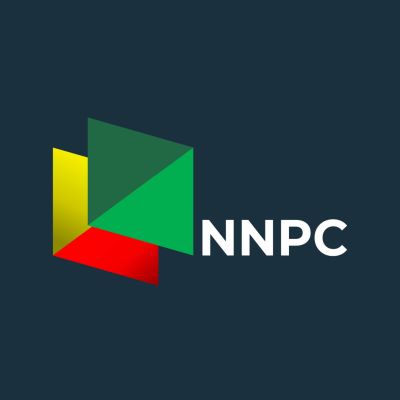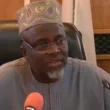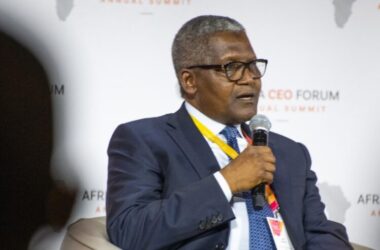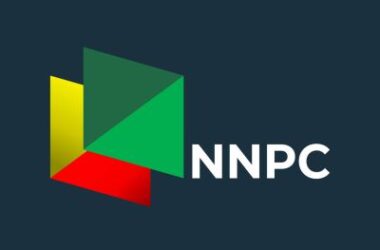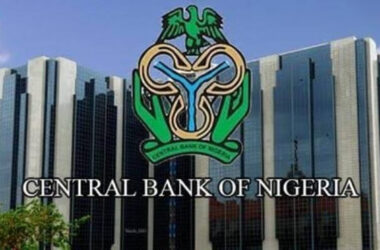The World Bank has raised new concerns about Nigeria’s oil revenue management, revealing that the Nigerian National Petroleum Company Limited (NNPCL) has only paid half of its expected earnings from the removal of the petrol subsidy into the country’s main account.
According to the latest Nigeria Development Update published by the World Bank, the NNPCL remitted just N600 billion out of a total of N1.1 trillion earned in 2024. The report, titled “Building Momentum for Inclusive Growth,” says that the remaining N500 billion was used to settle debts, with no full explanation about the timeline or transparency of these payments.
The report notes that even though petrol subsidy was completely removed by October 2024, NNPCL did not begin transferring the revenue benefits to the Federation Account until January 2025. Since then, only 50 per cent of the revenue gains has been remitted monthly. The rest continues to be diverted towards outstanding arrears.
“In spite of a sharp rise in gross revenues by the country’s main revenue-generating agencies from N16.5tn in 2023 to N29.5tn in 2024, NNPCL’s remittance fell to N600bn in 2024, down from N1.1tn in the previous year,” the World Bank stated.
The bank further disclosed that NNPCL claimed arrears of N7.8 trillion, while the government’s outstanding claim stood at N6.1 trillion—leaving a net arrears balance of N1.7 trillion owed by the government to the company.
The removal of the Premium Motor Spirit (PMS) subsidy was a major part of President Bola Tinubu’s economic reform program. While the move was supported by many international bodies for its long-term potential to save costs and improve spending on public services, the immediate effect was a sharp increase in the cost of living for ordinary Nigerians.
As public outcry grew over rising fuel prices and living expenses, full deregulation of the sector was only implemented in October 2024, shortly after operations at the Dangote Refinery began. Even after the full deregulation, the NNPCL’s remittance pace lagged.
The World Bank warns that if all expected funds from the subsidy removal are not properly transferred, the country’s ongoing fiscal reform efforts could suffer serious setbacks. It notes that about 70 per cent of projected government income in 2025 will come from oil-related sources, making full remittances even more crucial.
To help improve accountability, the World Bank recommends an independent forensic audit of NNPCL’s finances. It also urges the adoption of standardised reports for submission to the Federation Account Allocation Committee (FAAC) and better management of oil revenue.
“Resolving any remaining net arrears and channelling the full benefits of subsidy reform to the Federation is critical for sound fiscal management,” the report said.
It further added, “Improve public finance management. Revenues are still low, constraining development spending. Ensure that revenue gains from the removal of the PMS subsidy flow to the Federation.”





